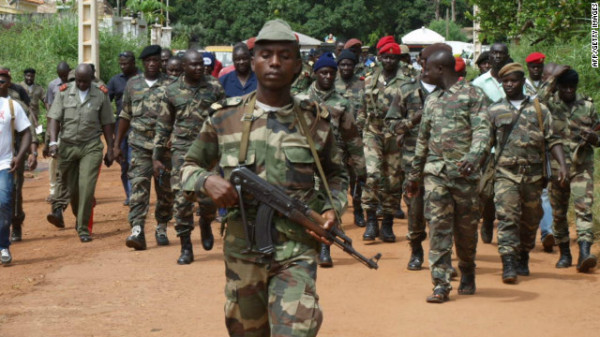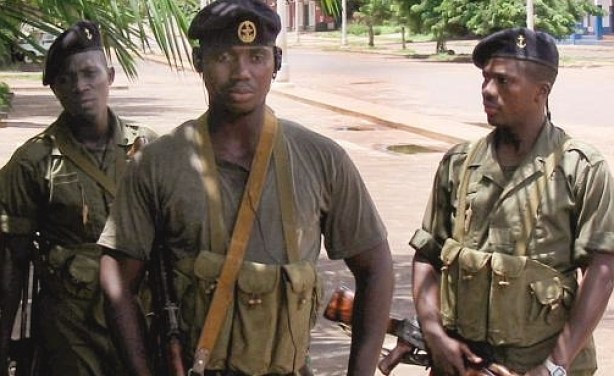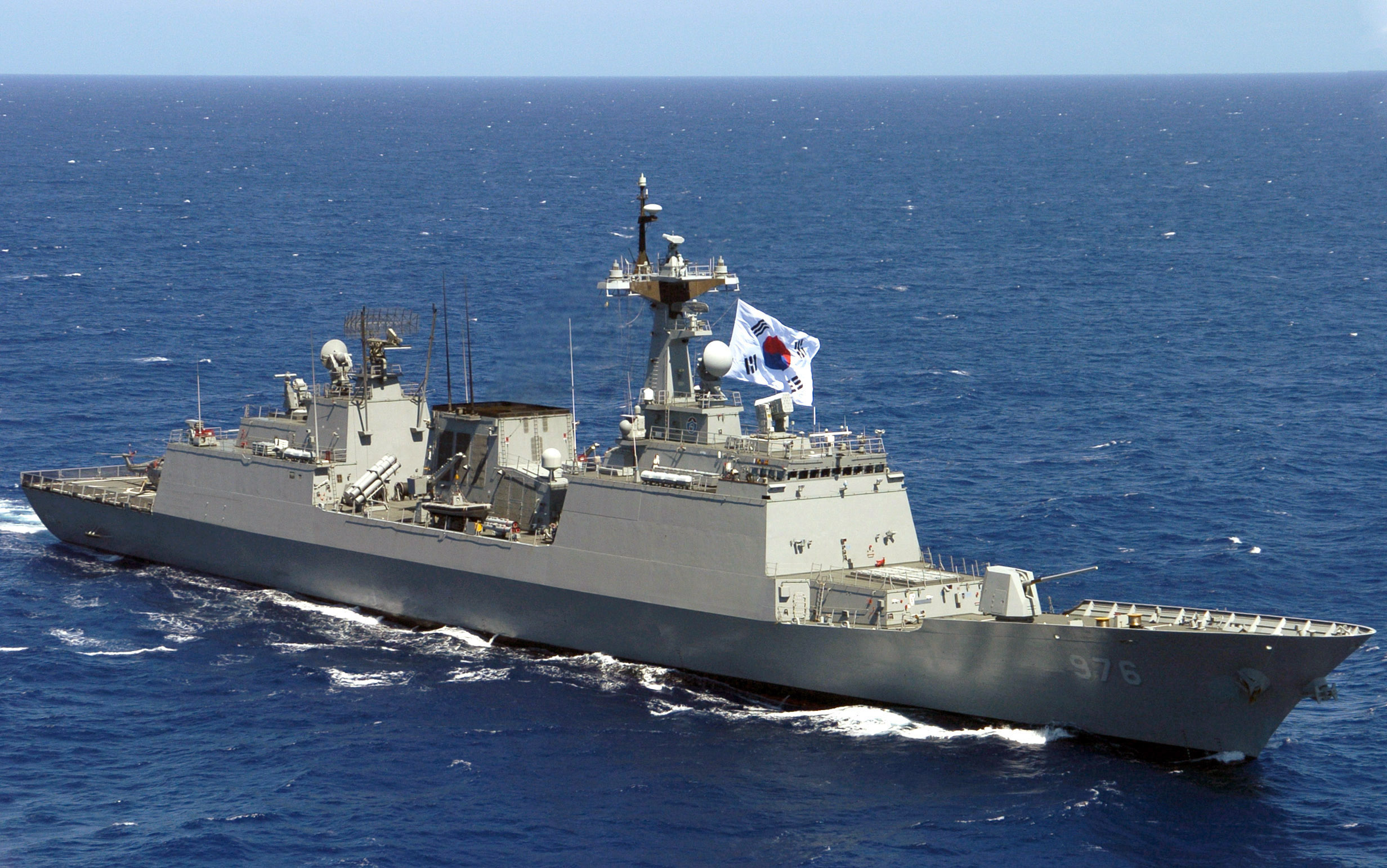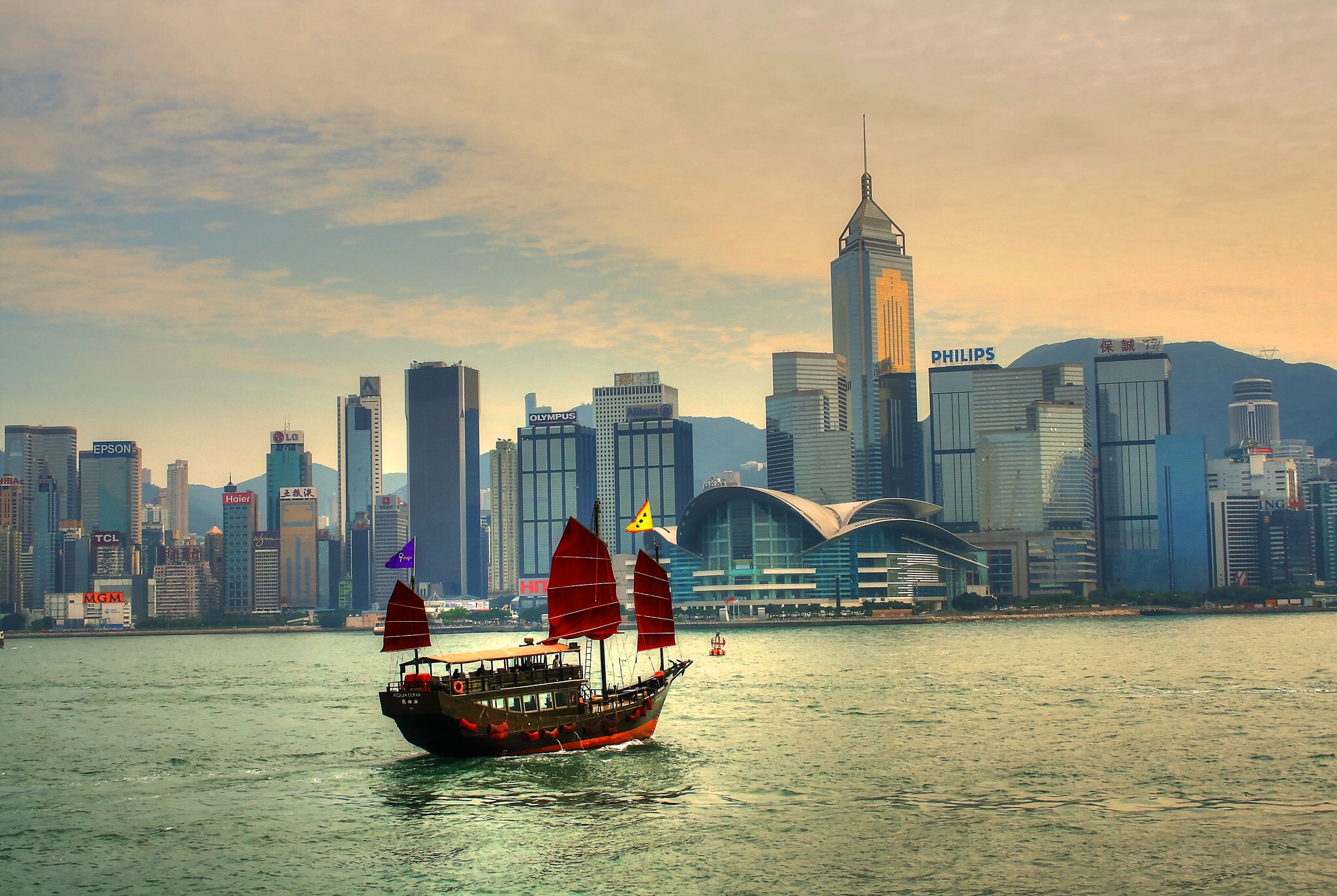One of West Africa’s most unstable countries is bracing itself for presidential and legislative elections on April 13th. Guinea-Bissau, a former Portuguese colony, experienced its latest coup in April 2012, when military forces seized power in the midst of a vibrant presidential election. The coup leader, General Antonio Injai, claimed the coup was intended to prevent the leading candidate, Carlos Gomes Junior, from enacting a ‘secret plan’ to hand the country over to Angolan rule.

Though the military junta soon turned power over to an interim civilian administration, new elections have been postponed repeatedly. Originally, the United Nations called for the election to be held by November 2013 at the latest. The interim Bissau-Guinean government failed to meet this deadline but called for patience from the international community, setting 16 March 2014 as the date to go to the polls. In February 2014, however, the election was once more postponed. The United Nations and other international actors have brought pressure to bear on the interim administration to uphold the commitment to 13 April 2014 as the election date.
There have already been some disconcerting developments in the country ahead of the election. Guinea-Bissau’s Attorney General attempted to block the candidacy of Jose Mario Vaz, a former Finance Minister and the presidential candidate for the country’s most prominent political party. Under the Attorney General’s lawsuit, Vaz was accused of involvement in a plan to embezzle a $12.5 million budget grant from the Angolan government. In March, Guinea-Bissau’s Supreme Court cleared Vaz of any wrongdoing and insisted he remained a valid presidential candidate.
The African Party of the Independence of Guinea and Cape Verde (PAIGC), which nominated Vaz as its candidate, has consistently won elections since 2005 and currently holds a substantial majority in the unicameral National People’s Assembly. Guinea-Bissau’s current interim president, Manuel Serifo Nhamadjo, was an independent candidate in the 2012 election and was set to come in third place with 15% of the vote, far behind the PAIGC candidate and his expected 49% share of the vote. Given the popularity of Vaz and the PAIGC, the repeated postponement of the election and the legal challenge to Vaz’ candidacy raises some questions as to whether the interim administration is acting in good faith.
In an effort to stave off another coup or election-related violence, the Economic Community of West African States (ECOWAS) has deployed a force of 700 troops to Guinea-Bissau and is considering bolstering that presence. This will be particularly crucial as Injai, the 2012 coup leader, has indicated that he will not step down from his post in the military leadership unless ordered to do so by a democratically elected president. In short, this is a refusal to recognize the legitimacy of Nhamadjo or the interim administration. Additionally, Injai has not ruled out ordering another coup if he feels the leading candidate is ‘too close’ to Angola. Given the allegations made by the Attorney General, Injai may feel he has justification to intervene if Vaz is clearly set to win in April. The presence of ECOWAS forces may dissuade him from this, though, and could help in disarming Injai once an elected president calls for the general’s resignation.
How these events unfold in Guinea-Bissau will have several implications for the wider international community and the fight against organized crime. Experts have called Guinea-Bissau Africa’s first narco-state. Due to its geographic situation and persistent instability, the country has become the premiere transit point for the export of illicit narcotics from Latin America to Europe and the rest of West Africa. Guinea-Bissau’s role in the drug trade has become so severe that the recent NATO-Colombia Accord sets out provisions for intelligence sharing that are specifically concerned with enhancing the ability of Colombian and NATO forces to intercept narcotics shipments before they reach Bissau-Guinean waters.
A stable, competent civilian regime in Guinea-Bissau could help to remove Guinea-Bissau from the drug trade’s networks, interfering with the Colombian cartels’ logistics. But Guinea-Bissau military personnel have been repeatedly implicated in the smuggling of narcotics through the region. While these drug seizures have always involved junior officers and enlisted personnel, the close relationship between organized crime and the military in Guinea-Bissau raises questions as to the degree to which the military leadership is involved. If a successful presidential election will be bad for business, will the cartels and the generals respect the results? Depending on how the election campaign unfolds in April, ECOWAS may have another crisis in its region to contend with.




